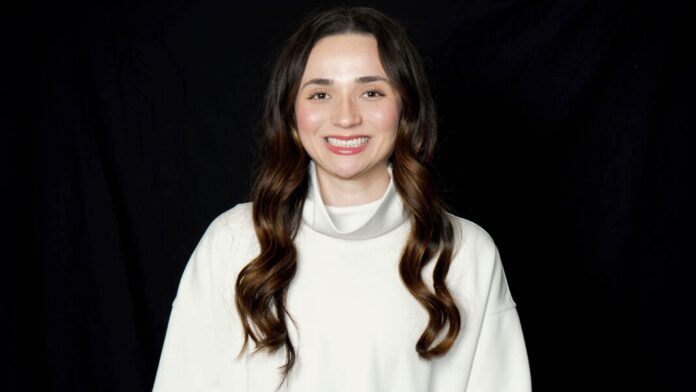By Piper Rutherford | Staff Writer
Recently, Aryna Sabalenka, the No. 2 women’s tennis player in the world, was criticized for continuing to play in the Miami Open despite the death of her former boyfriend, Konstantin Koltsov, in an apparent suicide on March 18.
Scrutiny of the 24-year-old in the media is that many believe she should be taking this time to mourn instead of remaining enrolled in the tournament.
However, the idea that the Russian tennis player needs to mourn in private for a certain number of days, weeks or months falsely assumes that grief has an expiration date, as though one will wake up one morning and no longer feel sad about the loss of their loved one.
Similarly, the traditional five stages of grief perpetuate a one-size-fits-all approach to grief, which teaches those in mourning that there is a “right” way to grieve.
However, this is simply absurd, since all people are different. It is only natural that each individual’s coping mechanisms will differ from one another.
For instance, Psychology Today supports doing healthy activities, such as physical exercise, when one is experiencing grave sadness, for the purpose of not only reducing levels of sadness but also boosting levels of serotonin to trigger happiness receptors.
Hence, Sabalenka’s choice to continue playing the sport she loves might help her cope with her loss — more so than falling prey to the conventional downward spiral of denial, anger, bargaining, depression and acceptance to which people commonly turn during bouts of isolation.
Although many argue that this is due to the idea that people feel guilty for enjoying life in the absence of their deceased loved one, depriving themselves of happiness will not bring their loved one back. It will only worsen their quality of life.
The ways in which this manifests can include changing one’s diet and consuming more comforting foods that are high in sugar and fat; not getting enough sleep, which can hinder productivity levels; and turning to vices such as alcohol or drugs, according to Harvard Health.
That said, fans would be equally concerned with Sabalenka if she faded away from her sport as a result of her loss — which she has the right to do. They should take solace in knowing that the young tennis player is listening to what she needs and wants during this time, which is to play tennis, regardless of others’ opinions.
Grief does not have to look like a bear going into hibernation for the winter or like a car crashing in slow motion — scenes in which an individual gradually self-destructs. It can, instead, manifest itself in numerous positive ways.
So, think twice the next time you condemn someone’s actions or behavior while they grieve. We all respond to loss in different ways, and how each of us chooses to do so should never be judged by others.






